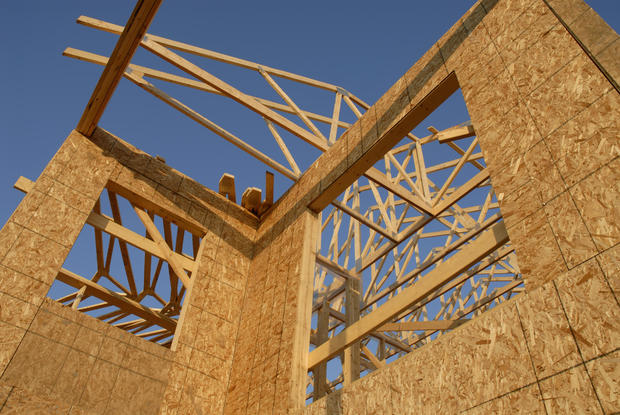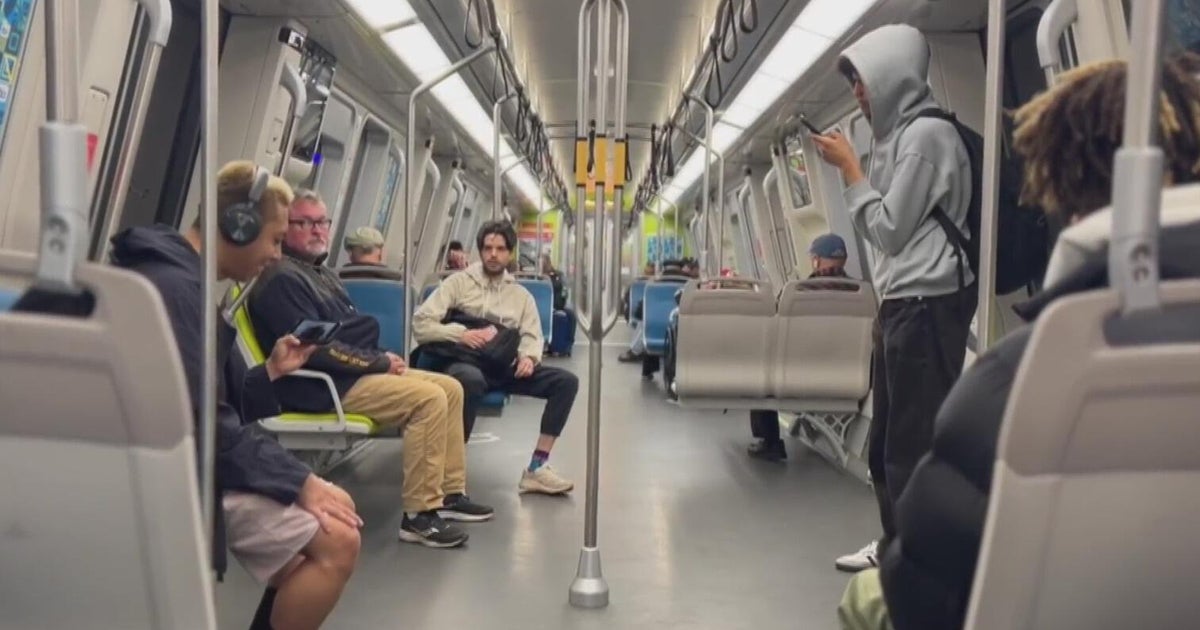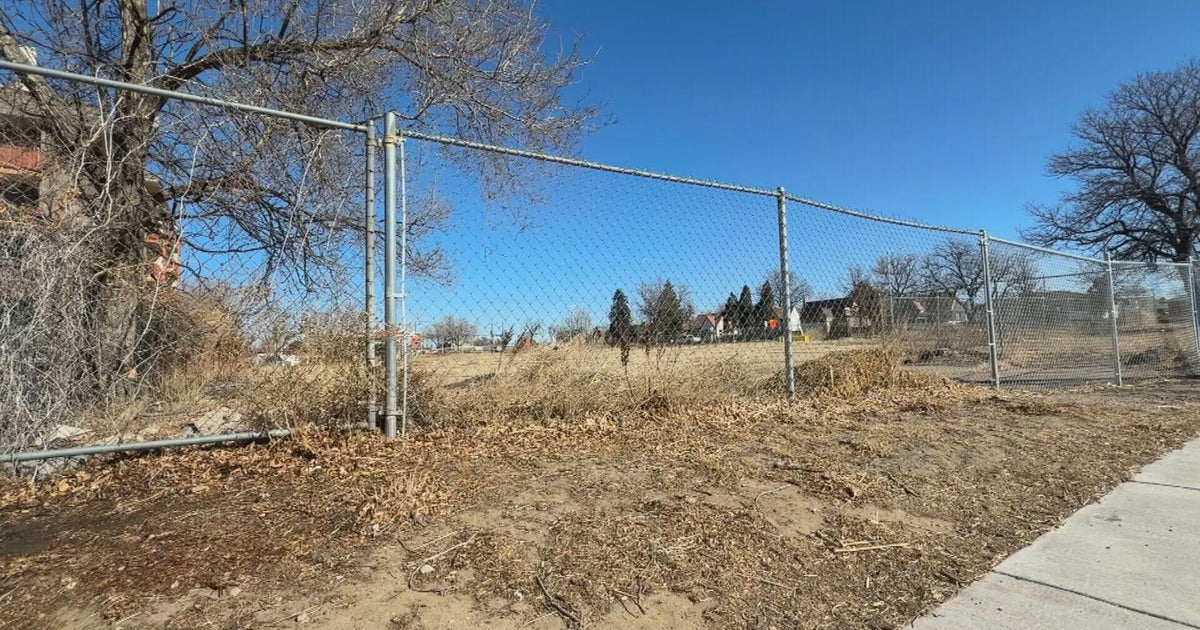Proposition 123: Colorado voters will decide if state should direct $290 million toward affordable housing
Colorado is now one of the most expensive states to live in and lack of housing is one of the biggest reasons. A measure on the Colorado ballot in the November general election aims to address that.
Proposition 123 would transfer one-tenth of 1% of taxable income - about $290 million - every year from the general fund to an affordable housing fund.
While lawmakers put $1.2 billion toward affordable housing last year, it's one-time funding. The ballot measure would create a permanent revenue stream for affordable housing programs.
Garfield Warren a big supporter of the measure. He says he became a teacher to make a difference. He thought he could make a living, too, until he started house hunting.
"I cannot afford it right now. I am trying to limit my budget so how can I cut even more out of my budget so I can put that money away into a house and also pay student loan bills and car payments," said Warren.
He says he's even picked up two part-time jobs in addition to his teaching position at Green Valley Ranch High School. Homeownership remains out of reach with the median price of a home in Denver at around $650,000.
Which is why Warren is supporting 123.
Michael Fields is opposing the measure in part because it could reduce money available for existing programs or reduce tax refunds.
"I feel for that teacher. I feel for everybody who is struggling with housing costs right now," he said.
"The solution is not for the government to come in and take $300 million of our TABOR refunds and try to create some affordable housing units," said Fields.
The ballot measure says the money would help fund the purchase of land for affordable housing, financing of more affordable rental units, and down payment assistance. But, in order for a person or project to be eligible, they must live or be located in a city or county willing to meet certain benchmarks or they can't access the funds. Those benchmarks include being able to approve affordable housing projects in three months and increase the affordable housing stock 3% over a three-year period. If local governments are unable or unwilling to do so, the money would remain in the fund and lawmakers could raid it for other purposes.
"It's a very unproven complex system that isn't guaranteed it is going to fix the problem," said Fields. "The state should be, and the localities should be, working with developers to figure out what are the roadblocks that are in the way, what are the costs that are too high that are driving this housing crisis we have in Colorado."
Warren says the state also has a teacher crisis and, he worries, the exodus of educators will only grow worse if the ballot measure fails.
"People talk about the American dream is lost but I don't think it's lost. It is just hard to obtain now and I feel like voting for this and passing this would be a little easier for people to obtain that American dream."
The measure also funds homeless initiatives and helps renters save up money for a house by creating a first-of-its-kind financing mechanism for builders. Instead of borrowing money from investment banks, they would borrow from a new state entity with much lower rates. The money they'd save would help renters build equity.









